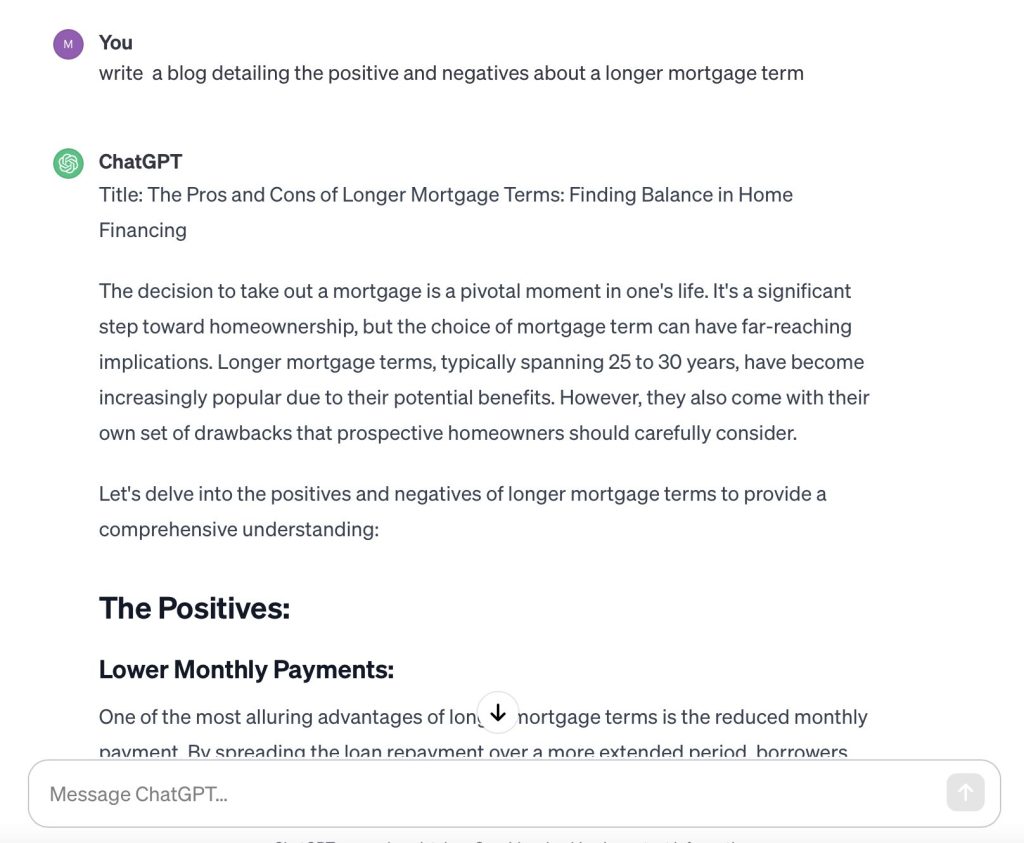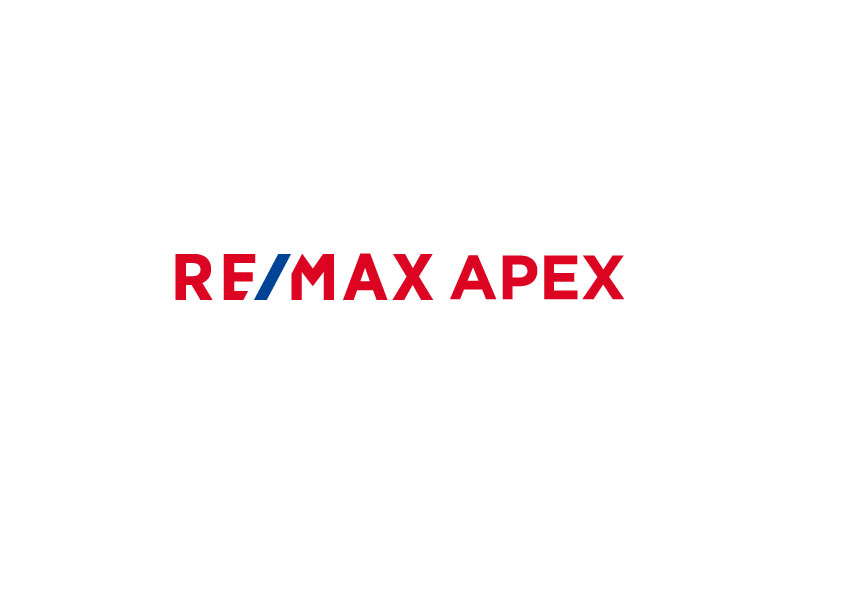
The decision to take out a mortgage is a pivotal moment in one’s life. It’s a significant step toward homeownership, but the choice of mortgage term can have far-reaching implications. Longer mortgage terms, typically spanning 25 to 30 years, have become increasingly popular due to their potential benefits. However, they also come with their own set of drawbacks that prospective homeowners should carefully consider.
Let’s delve into the positives and negatives of longer mortgage terms to provide a comprehensive understanding:
The Positives:
Lower Monthly Payments:
One of the most alluring advantages of longer mortgage terms is the reduced monthly payment. By spreading the loan repayment over a more extended period, borrowers can enjoy significantly lower monthly installments. This can be particularly appealing for those on a tight budget or seeking greater cash flow flexibility.
Eases Financial Strain:
Longer mortgage terms can alleviate immediate financial burdens, allowing homeowners to allocate their resources to other investments, savings, or expenditures. This extended timeframe can provide breathing room during times of economic uncertainty or unexpected expenses.
Accessibility:
For many individuals, longer mortgage terms make homeownership more accessible. By decreasing the monthly payment obligation, these terms widen the pool of potential homebuyers who might otherwise struggle to afford a property with a shorter-term loan.
Potential for Investment:
With the extra cash flow generated by lower monthly payments, homeowners may have the opportunity to invest in other ventures that could yield higher returns than the cost of the mortgage interest. This potential for investment diversification is an appealing aspect of longer mortgage terms.
The Negatives:
Higher Interest Costs:
While lower monthly payments are appealing, they come at a cost. Longer mortgage terms result in higher overall interest payments over the life of the loan. Borrowers end up paying more in interest compared to shorter-term mortgages, potentially tens of thousands of dollars more.
Equity Accumulation Slows Down:
With a longer mortgage term, the pace at which homeowners build equity in their property slows down. During the initial years of the loan, a significant portion of payments goes toward interest rather than principal. This slow equity buildup can delay opportunities for leveraging home equity in the future.
Extended Debt Obligation:
Committing to a longer mortgage term means being in debt for an extended period. This extended debt obligation might not align with everyone’s financial goals or life plans. Moreover, unforeseen life changes such as job loss or health issues could make this long-term commitment burdensome.
Potential Impact on Credit:
A longer mortgage term might affect a borrower’s credit in various ways. It could impact the ability to qualify for other loans or lines of credit due to the extended debt-to-income ratio.
Conclusion
In conclusion, longer mortgage terms come with both advantages and disadvantages. While they provide immediate financial relief and accessibility to homeownership, they also lead to higher interest costs and slower equity accumulation. Understanding personal financial goals and assessing long-term financial capability are crucial in deciding whether a longer mortgage term aligns with one’s circumstances and aspirations. Ultimately, it’s about striking a balance between short-term financial ease and long-term financial prudence.

For additional information or any questions please contact us here
Email: info@remax-apex.com

